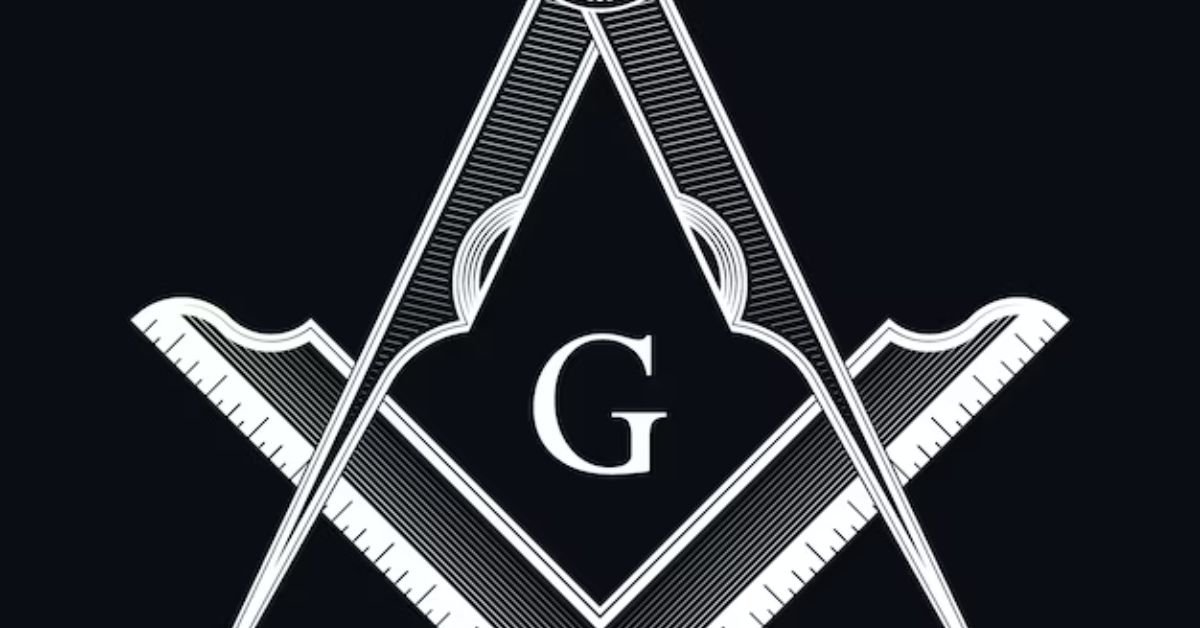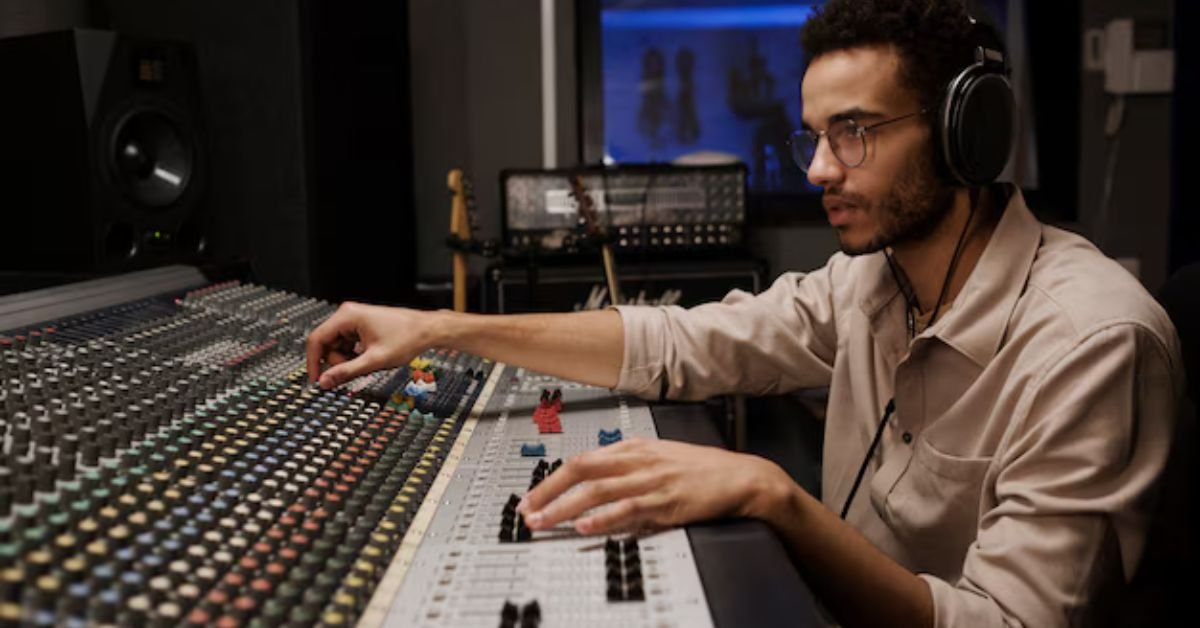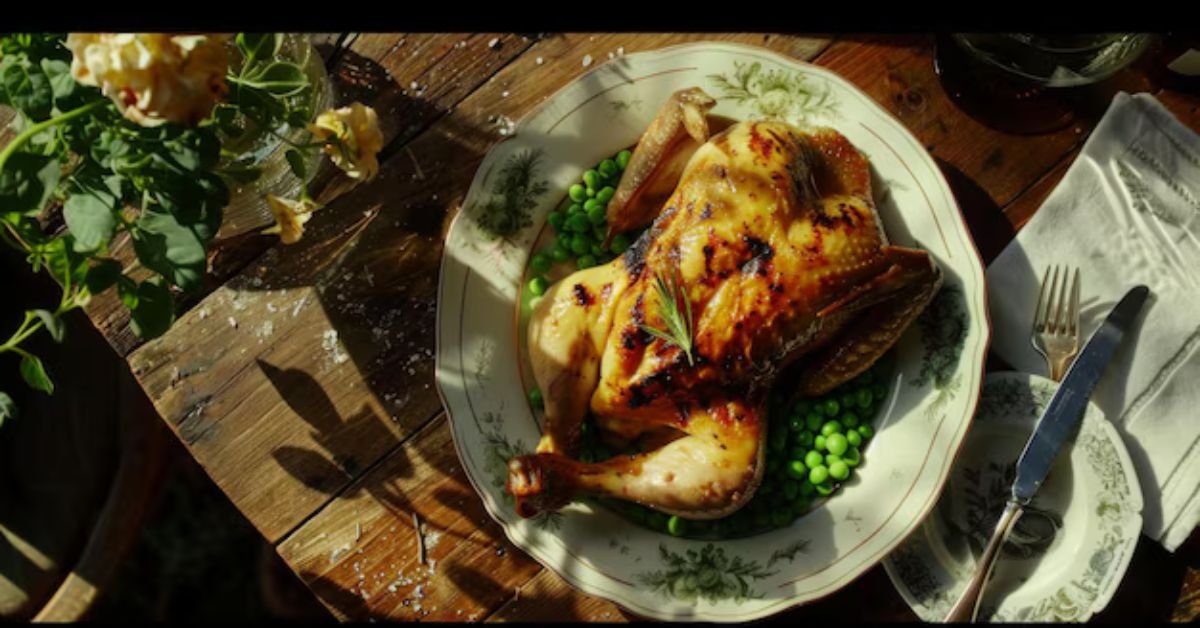Freemason, one of the world’s oldest and most well-known fraternal organizations, has intrigued many for centuries. The secretive nature of the organization, combined with its longstanding traditions, rituals, and symbols, draws individuals curious about becoming a part of this historic brotherhood. However, joining Freemasonry requires dedication, a willingness to learn, and a commitment to personal development. In this guide, we will explore the steps to becoming a Freemason, what to expect from the process, and the principles that guide the fraternity.
What Is Freemasonry?
Freemasonry is a global fraternal organization that emphasizes moral and spiritual values, self-improvement, and the building of strong, ethical communities. Its members, known as Freemasons, are taught to pursue personal growth, practice charity, and develop bonds with fellow brothers. Although steeped in history and tradition, Freemasonry is not a religious or political organization, though it requires a belief in a higher power.
Freemasonry operates through local lodges, which are autonomous but follow the guiding principles and structure of the organization. Becoming a Freemason opens the door to learning ancient rituals, participating in philanthropic endeavors, and developing deep, lifelong friendships.
Basic Requirements to Become a Freemason
Before you can begin the journey of becoming a Freemason, there are several basic requirements you must meet:
- Male, of Legal Age: In most jurisdictions, Freemasonry is open to men who are at least 18 or 21 years old, depending on local rules.
- Belief in a Supreme Being: While Freemasonry is not affiliated with any specific religion, it requires that its members believe in a higher power, often referred to as the “Great Architect of the Universe.”
- Good Moral Character: Prospective Freemasons must have a solid reputation and be of good moral character. Honesty, integrity, and respect for others are crucial qualities for joining the fraternity.
- Desire for Self-Improvement: Freemasonry emphasizes personal growth, both spiritually and morally. Individuals interested in becoming a Freemason should be committed to improving themselves and contributing to their community.
Step-by-Step Process of Becoming a Freemason
The process of becoming a Freemason is methodical and involves several important steps. Here’s how the journey typically unfolds:
1. Research Freemasonry
Before deciding to become a Freemason, it’s important to understand what the organization stands for and what will be expected of you. Freemasonry has a rich history, and understanding its symbols, rituals, and values can help you determine if it aligns with your own beliefs.
Reading books, articles, and online resources about Freemasonry is a good starting point. Many local lodges also offer informational events for prospective members where you can meet active Freemasons and ask questions.
2. Find a Local Lodge
Freemasonry is organized through local lodges, which serve as the central hub for Masonic activities, meetings, and rituals. To begin your Masonic journey, you need to find a local lodge near you. Lodges often have websites, or you can ask current Freemasons if they can recommend a lodge in your area.
Visiting a lodge and getting to know some of its members is key to ensuring that you feel comfortable with the community and atmosphere of that specific lodge.
3. Express Your Interest
Once you’ve identified a lodge, the next step is to express your interest in becoming a member. Freemasonry operates on the principle of “seeking membership,” meaning you must ask to join — no one will invite you to become a Freemason without your request.
Typically, this involves contacting a member of the lodge or attending an open event where you can express your desire to learn more. Some lodges also have application forms that prospective members can fill out.
4. Submit a Petition for Membership
If you’re interested in joining, you will be asked to submit a formal petition for membership. The petition usually requires basic personal information, your reasons for wanting to join, and any relevant background details.
After submitting the petition, the lodge will typically conduct a background check and interview process. This is to ensure that applicants meet the moral and ethical standards of Freemasonry.
5. Interview and Investigation
One of the most critical steps in the process is the interview, often referred to as the “investigation.” A small committee of lodge members, known as an Investigation Committee, will meet with you to learn more about your character, your motivations for joining, and your understanding of Freemasonry.
This step helps lodge members determine whether you would be a good fit for the fraternity, and it gives you a chance to ask questions about membership and responsibilities.
6. Lodge Balloting and Acceptance
Once the interview and background checks are complete, the lodge holds a formal vote (balloting) among its members to decide whether to accept your petition for membership. This is a secret ballot process, where each member casts their vote anonymously.
If the majority of members vote in favor, you will be officially accepted into the lodge as a candidate for Freemasonry.
7. The Three Degrees of Freemasonry
Upon acceptance, your journey within Freemasonry truly begins. Freemasonry consists of three main stages, or degrees, that all members must pass through:
- Entered Apprentice: This is the first degree, symbolizing the beginning of your Masonic journey. In this degree, you will be introduced to the basic principles of Freemasonry, including its symbols, teachings, and the importance of self-improvement.
- Fellowcraft: The second degree focuses on the pursuit of knowledge and intellectual development. Here, you will learn about the importance of education, science, and morality.
- Master Mason: The third and final degree is the culmination of your Masonic journey. As a Master Mason, you will have full membership and be entitled to participate in all activities of the lodge. This degree emphasizes personal responsibility, leadership, and the bond between all Freemasons.
Each degree involves a special initiation ceremony filled with symbolic rituals that teach the lessons and values of Freemasonry.
What to Expect After Becoming a Freemason
Becoming a Freemason is just the beginning of a lifelong journey of personal growth and learning. As a member, you will participate in lodge meetings, social events, and charitable activities. Freemasonry encourages members to engage with their community, practice philanthropy, and support fellow brothers.
Masons are also expected to continue studying the teachings of the fraternity and actively work toward improving themselves and the world around them.
The Commitment of Freemasonry
Freemasonry requires a commitment of time, energy, and personal dedication. Members are expected to attend lodge meetings regularly, contribute to charity, and uphold the moral values taught by the fraternity.
While the time commitment varies by lodge, it is essential to understand that joining Freemasonry is a long-term decision. Those who thrive in Freemasonry are those who embrace the principles of brotherhood, self-improvement, and service to others.
Benefits of Becoming a Freemason
Joining Freemasonry offers numerous benefits, both personally and socially:
- Lifelong Friendships: The bonds formed within the fraternity often last a lifetime. Freemasons support and help each other, creating a strong sense of community.
- Personal Growth: Freemasonry encourages members to strive for excellence in their personal lives, constantly learning, improving, and setting higher moral standards.
- Philanthropy: The organization is deeply involved in charitable activities, providing opportunities to give back to the community and make a positive difference.
Conclusion
Becoming a Freemason is a rewarding experience that requires commitment, curiosity, and a desire for personal and moral growth. By following the steps outlined in this guide, you can begin your journey into one of the most prestigious and historic fraternal organizations in the world. Whether you’re drawn by the rituals, the philosophy, or the sense of brotherhood, Freemasonry offers a unique path to self-improvement and meaningful connections.











